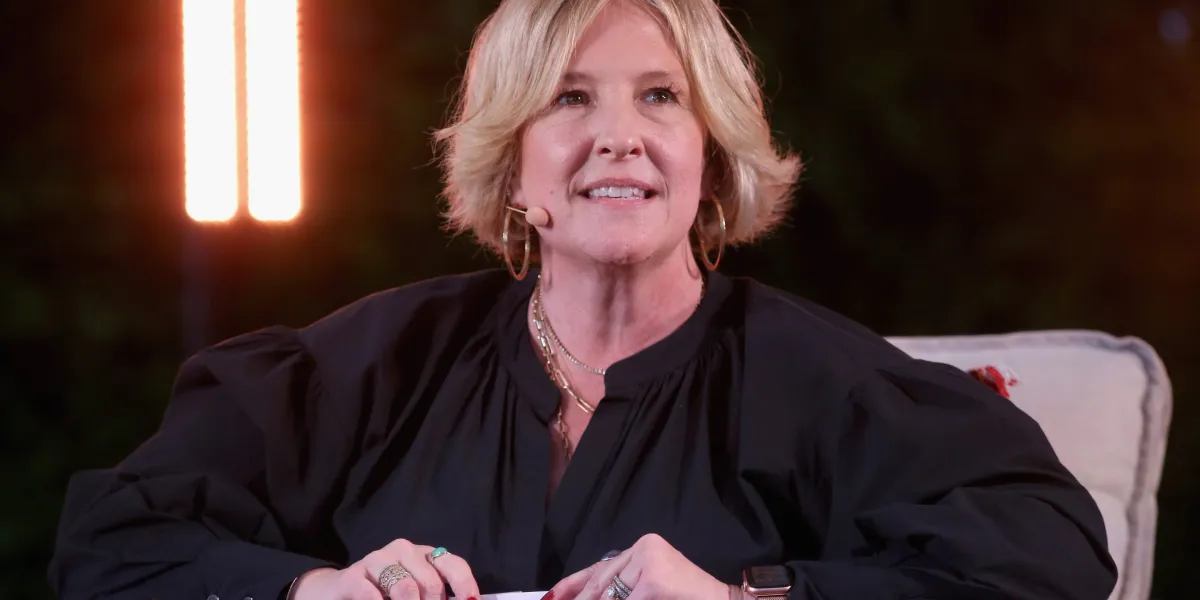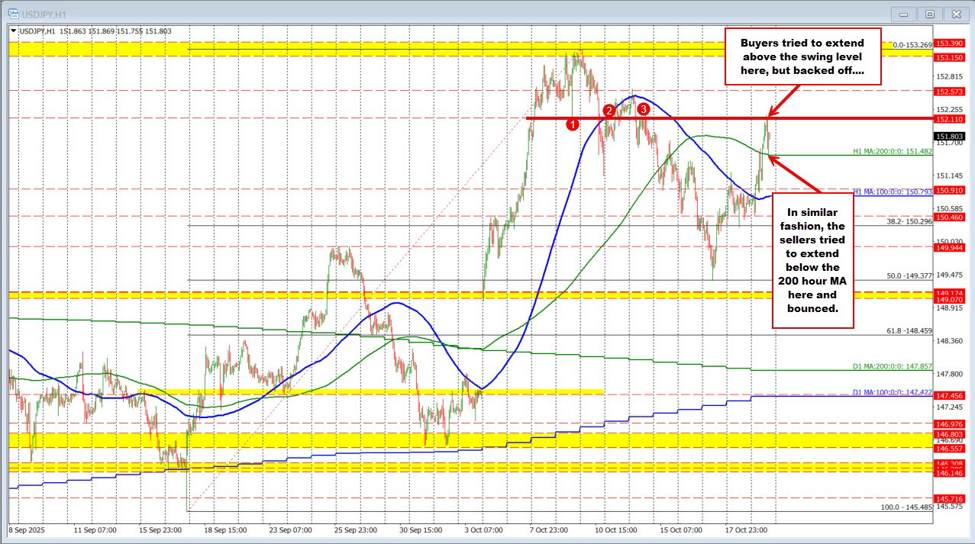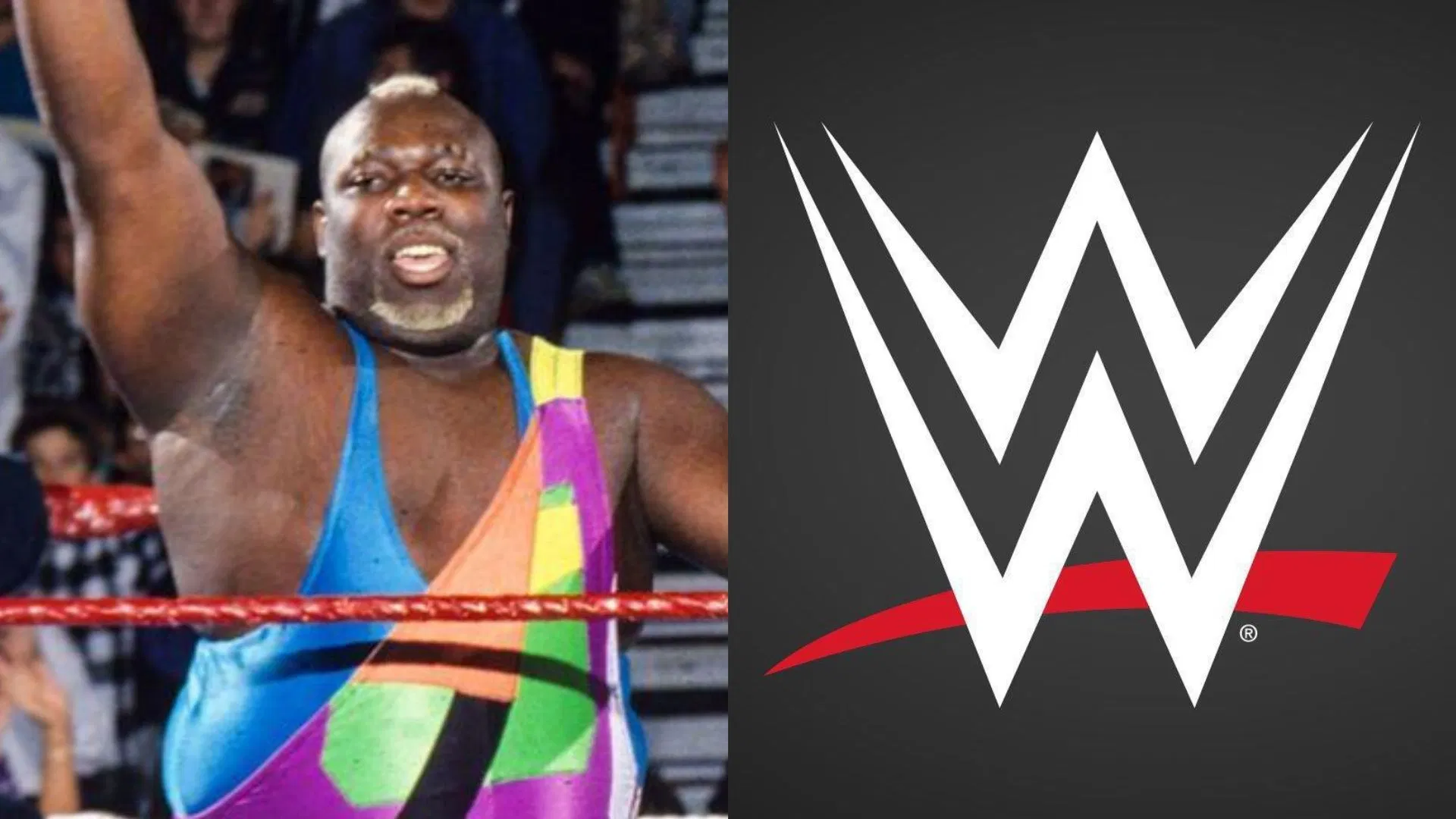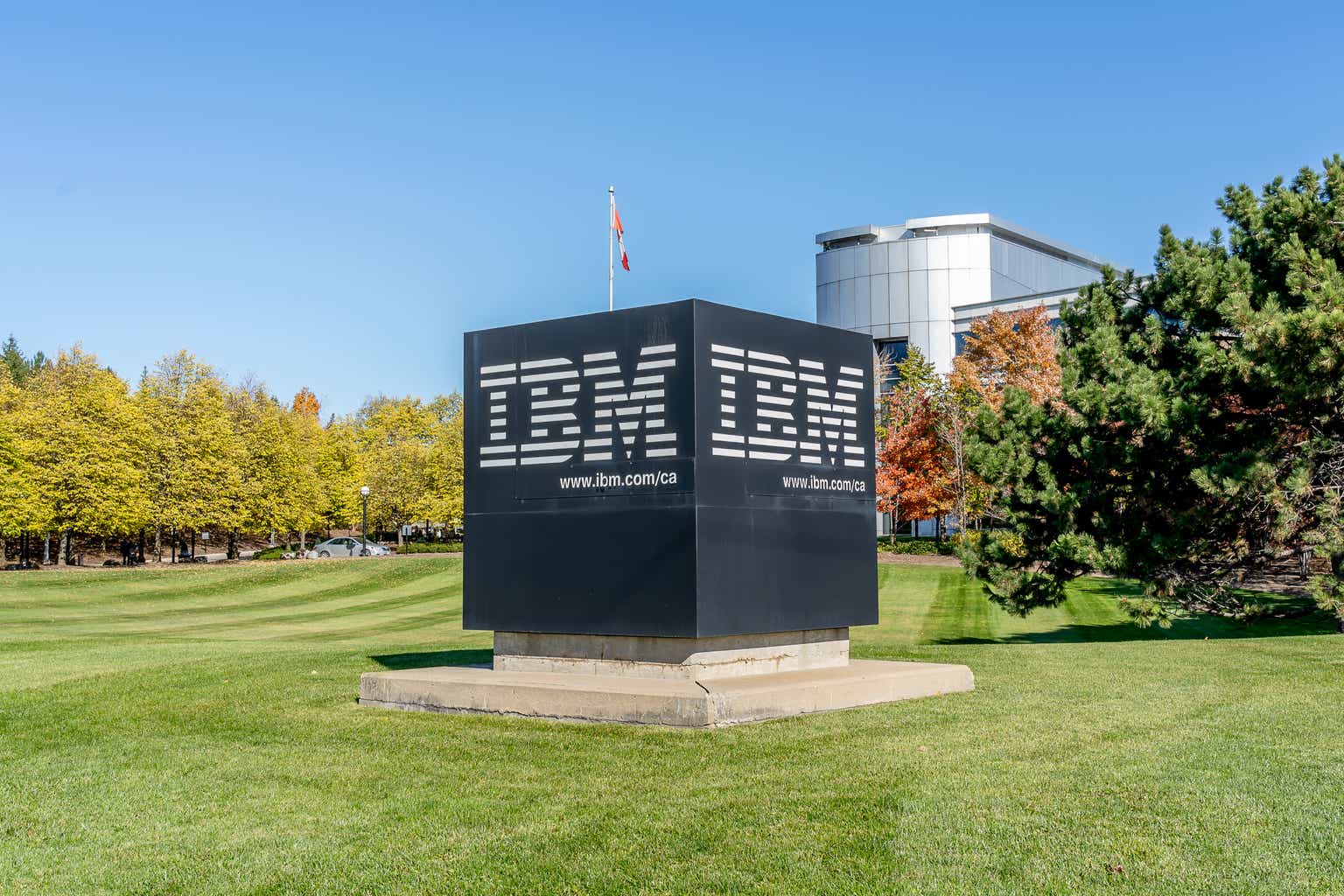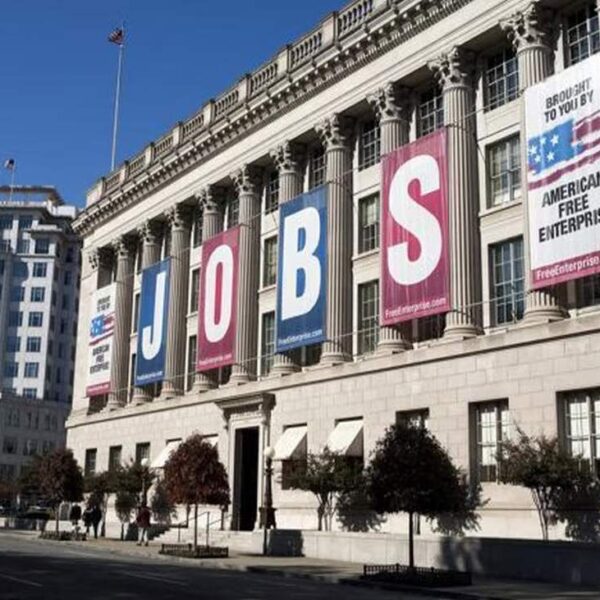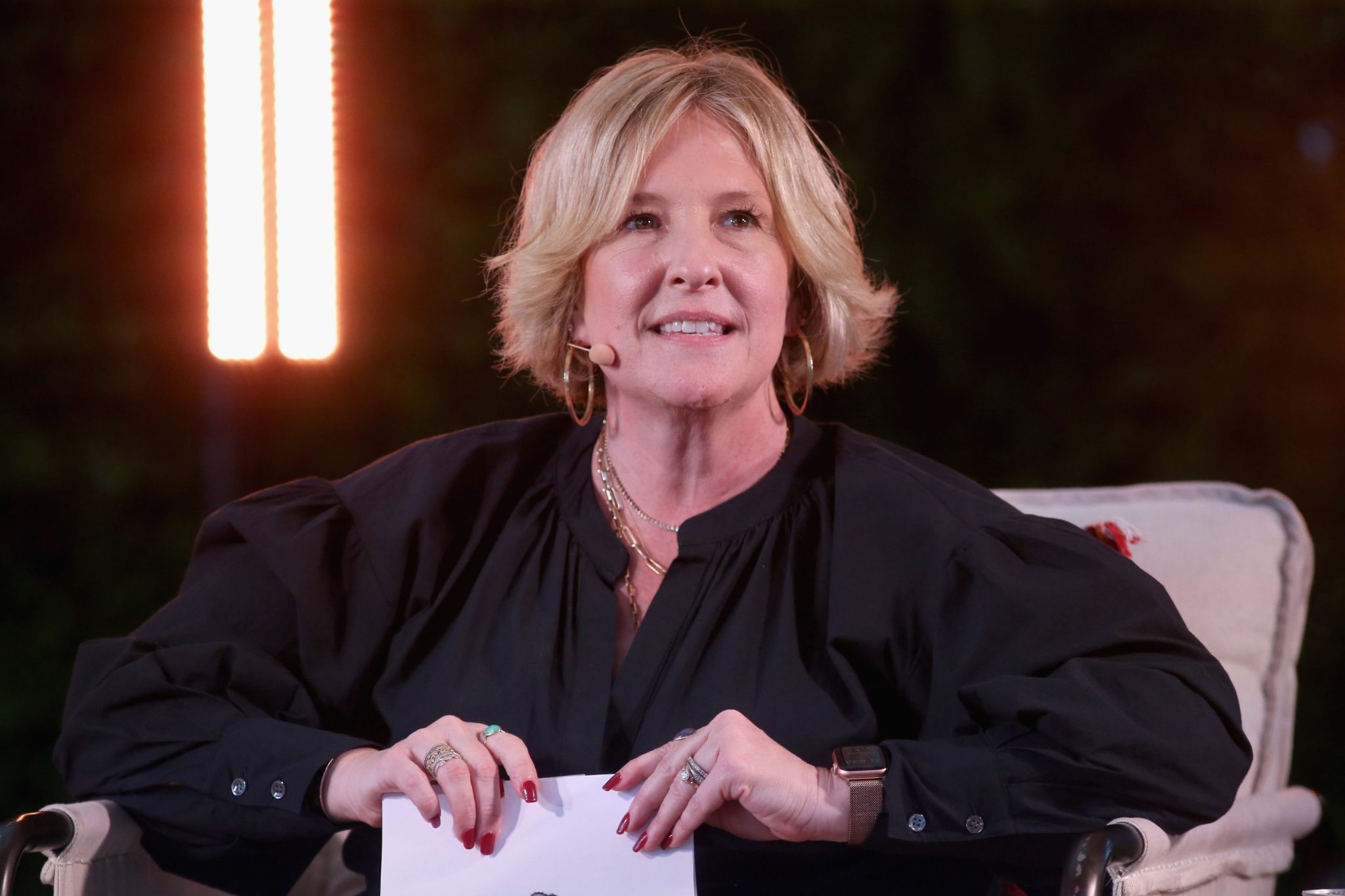
This constant change has thrown many peoples’ lives out of balance—and author, researcher, and professor Brené Brown told Fortune that instability wreaks havoc on workers’ mental health.
“If you’re leading people, you probably know people are not okay,” Brown said onstage during Fortune’s Most Powerful Women Summit in Washington D.C. last week.
“Folks are still going into Costco with an automatic weapon because they’re out of cheese whiz,” she stressed. “People are emotionally dysregulated, distrustful, and disconnected.”
Gen Z and young millennials are missing one day’s work every week due to mental health concerns
Employees are under intense emotional and financial strain; the typical worker in the U.K. feels unable to work for almost 50 days a year, due to their mental health struggles. And staffers are even willing to make big sacrifices to feel like they’re in a good place—half of American Gen Z and millennials said they would take a pay cut if their boss helped to better their well-being at work.
Brown said unstable geopolitics, changing markets, and advanced tech like AI, are to blame for Americans’ declining wellbeing.
The majority of U.S. staffers said tension has risen at work since the new administration took power. Meanwhile, markets have been shaken by trade policies and tariffs, leaving investors and everyday consumers on unsteady ground; and AI automating jobs only adds another layer of anxiety.
The current state of the world paints a bleak picture for workforces that are “increasingly struggling,” according to Brown.
“It is extraordinarily difficult to be brave right now for a lot of different reasons. Politics is one, but [also] radically changing markets…I’m going to tell you right now, people are not okay.”
We are wired for certainty, but the road ahead is rocky
For workers struggling with the current pace of change, Brown said that the solution is certainty—but in reality, that’s becoming harder to find.
“We are wired for certainty, and we’re wired to get to certainty as soon as possible. And the more uncertainty that we’re in, the more really hard feedback we get from our bodies,” Brown continued. “We’re not wired for the kind of leadership I think we need right now.”
Her comments come as tech leaders are divided on what the future holds in an increasingly AI-driven work landscape. With more and more roles being automated, Goodwill’s CEO said he’s preparing for an influx of Gen Z workers, since white-collar roles are being snatched up by the tech. Other entrepreneurs like Jeff Bezos predict that AI will enable “millions of people” to live in space, while robots continue to take on more human jobs. Microsoft cofounder Bill Gates also sees rapid change ahead, with a two-day workweek possibly on the books due to efficiency gains from AI.
“It’s improving at a rate that surprises me,” Gates told CNN in an interview earlier this year. “AI today can replace human work, the most complex coding tasks, [but] it’s not able to do [it] yet. And people in the field disagree: is that within the next year or two, or is it more like ten years away?”
But not all hope is lost—Brown insists when CEOs are aware of the upheaval their staffers are going through, they have the power to navigate the disruption with empathy and trust.
She said leaders need to sit down with their functions to discuss what best practice looks like within the business, and what the best ways are to work with one another.
“One that I think is so lacking today, that it’s shocking, which is deep, complex understanding of systems theory,” Brown said. “If you don’t understand that the world that we’re operating in today is built of systems inextricably connected to other systems, and that if you move one Lego piece an inch over here, you’ve got fallout over here, you’re not going to be able to win.”

